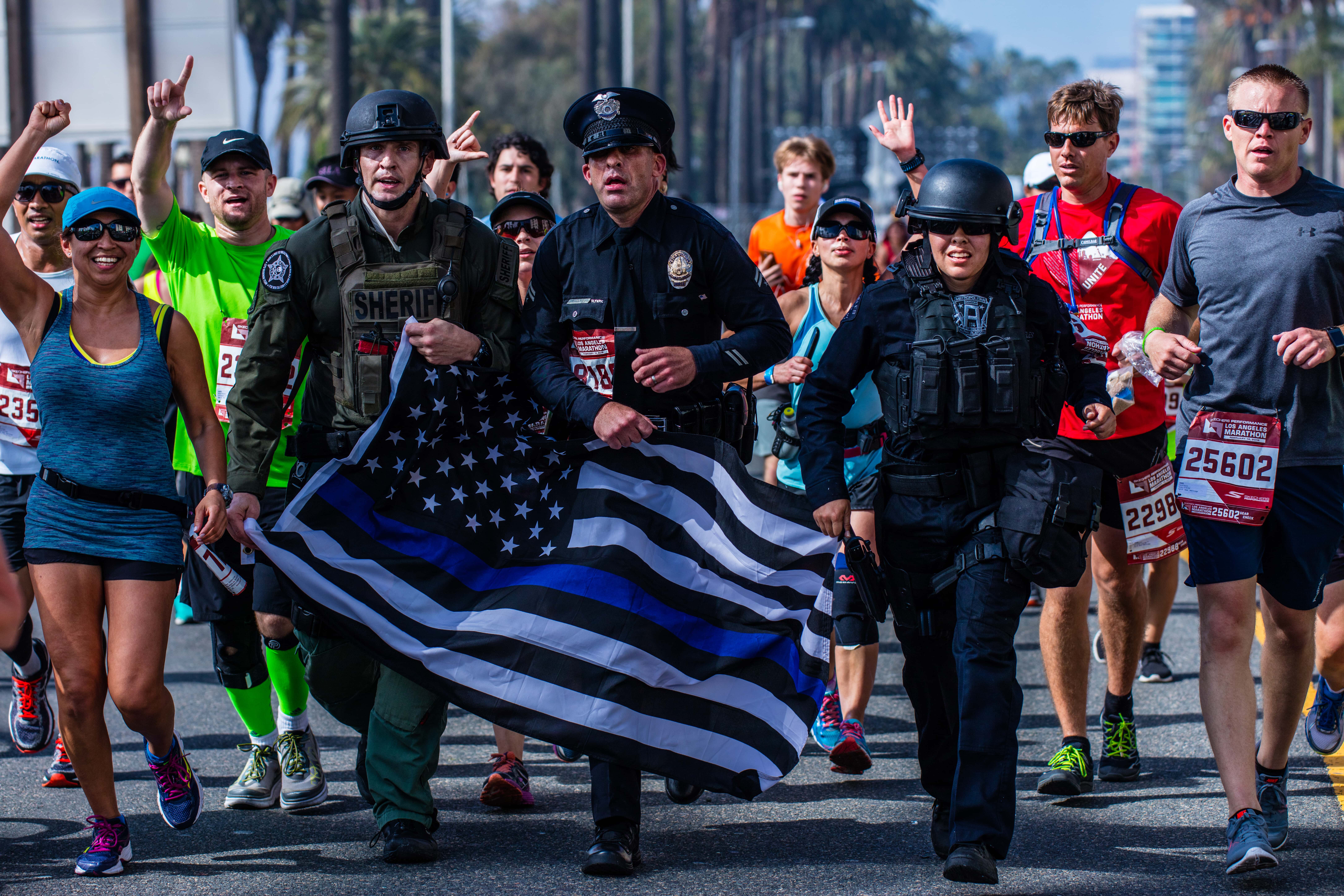Photo: CBS News
It’s no secret that GPS tracking devices have been hot sellers of late to law enforcement agencies throughout the United States. Local, state and federal officials have used them in countless investigations, and their use in solving crimes has proven efficient and effective.
But alas, the U.S. Supreme Court ruled on Monday that police need a warrant before they can put a GPS tracking device on an individual’s vehicle to covertly track the person. The high court’s unanimous ruling – a setback for law enforcement at all levels – was surprising. Attaching such a small device to a car’s undercarriage did not seem to rise to a violation of property rights, nor did it seem unreasonable for anyone driving on a public street to expect their movements to go unmonitored.
The case that brought the issue to a head involved a Washington man convicted on drug charges with the benefit of evidence collected by GPS tracking. One justice wrote in the court’s opinion that investigators trespassed when they attached the device to the man’s jeep and collected 28 days’ worth of data. Another wrote in a separate opinion that the four weeks of monitoring violated the man’s reasonable expectation of privacy.
In its argument before the court last year, the Obama Administration laid out a compelling rationale for allowing the use of GPS technology in this manner. Deputy Solicitor General Michael Dreben asserted that police should not need to obtain a warrant because location information could have been obtained through ordinary surveillance methods. Anyone could track anyone – even Supreme Court Justices – without violating their privacy, he argued.
If there’s a bright spot in the decision, it’s that the ruling is narrow and leaves open some key issues in our new digital world. For example, the ruling provided no clear guidance on whether the government must obtain a warrant for access to such things as location data stored on an individual’s smartphone, or to emails archived by internet service providers.
The advance of technology is outpacing the courts. It’ll take many more cases and Supreme Court rulings to arrive at the exact restrictions criminal investigations must adhere to in their use of innovative technology. We can only hope that over time the right balance will be struck between citizens’ rights and law enforcement’s ability to use the latest technology to solve crimes in the most effective and efficient manner.
We invite you to share your thoughts by leaving a comment below.










